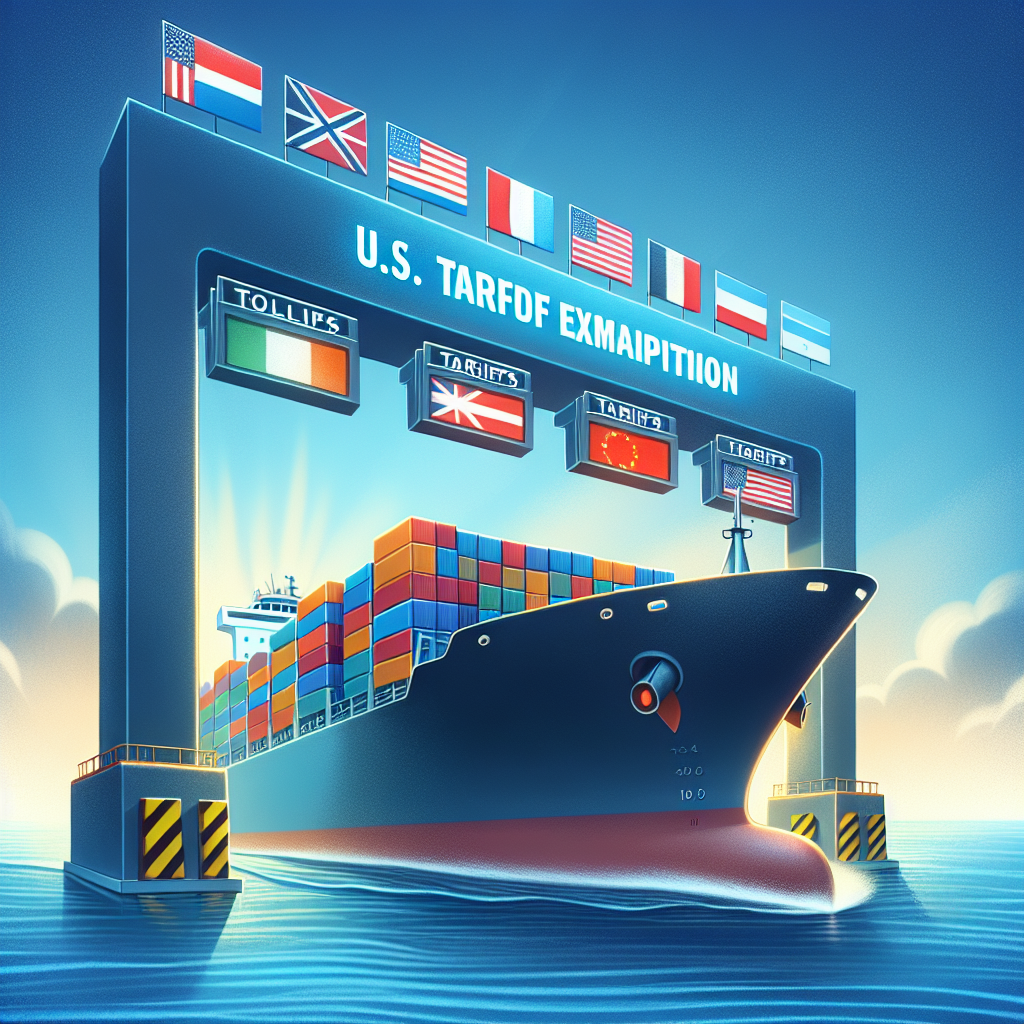Mexico's Tariff Overhaul: Shielding Jobs Amid U.S.-China Tensions
Mexico plans to raise tariffs on automobiles and other imports from China and Asia to 50%, aiming to protect jobs and respond to U.S. pressures. The move could impact $52 billion of imports and requires Congressional approval. Economists note both revenue goals and U.S. relations as motivations.

In an economic maneuver that could strain international trading relations, Mexico announced its intention to increase import tariffs on automobiles from China and several Asian countries to 50%. This initiative, framed as a protective measure for local jobs, also aligns with the nation's strategic response to pressure from the United States.
The proposed changes, disclosed by Economy Minister Marcelo Ebrard, coincide with broader tariff applications affecting textiles, steel, and automotive imports—expected to alter $52 billion worth of goods. Ebrard clarified that the tariffs, now set at 20% for Chinese vehicles, will rise to the maximum permissible level under current global trade agreements.
This policy shift arrives amidst growing U.S. influence in Latin America, as America seeks to curb Chinese economic clout in the region. Analysts, including Banco BASE's Gabriela Siller, note this pivot may boost short-term demand for Chinese vehicles while aiming to secure political favor in North American relations.
(With inputs from agencies.)
- READ MORE ON:
- Mexico
- tariffs
- China
- U.S.
- automobiles
- Economy Ministry
- Marcelo Ebrard
- imports
- trade relations
- jobs










